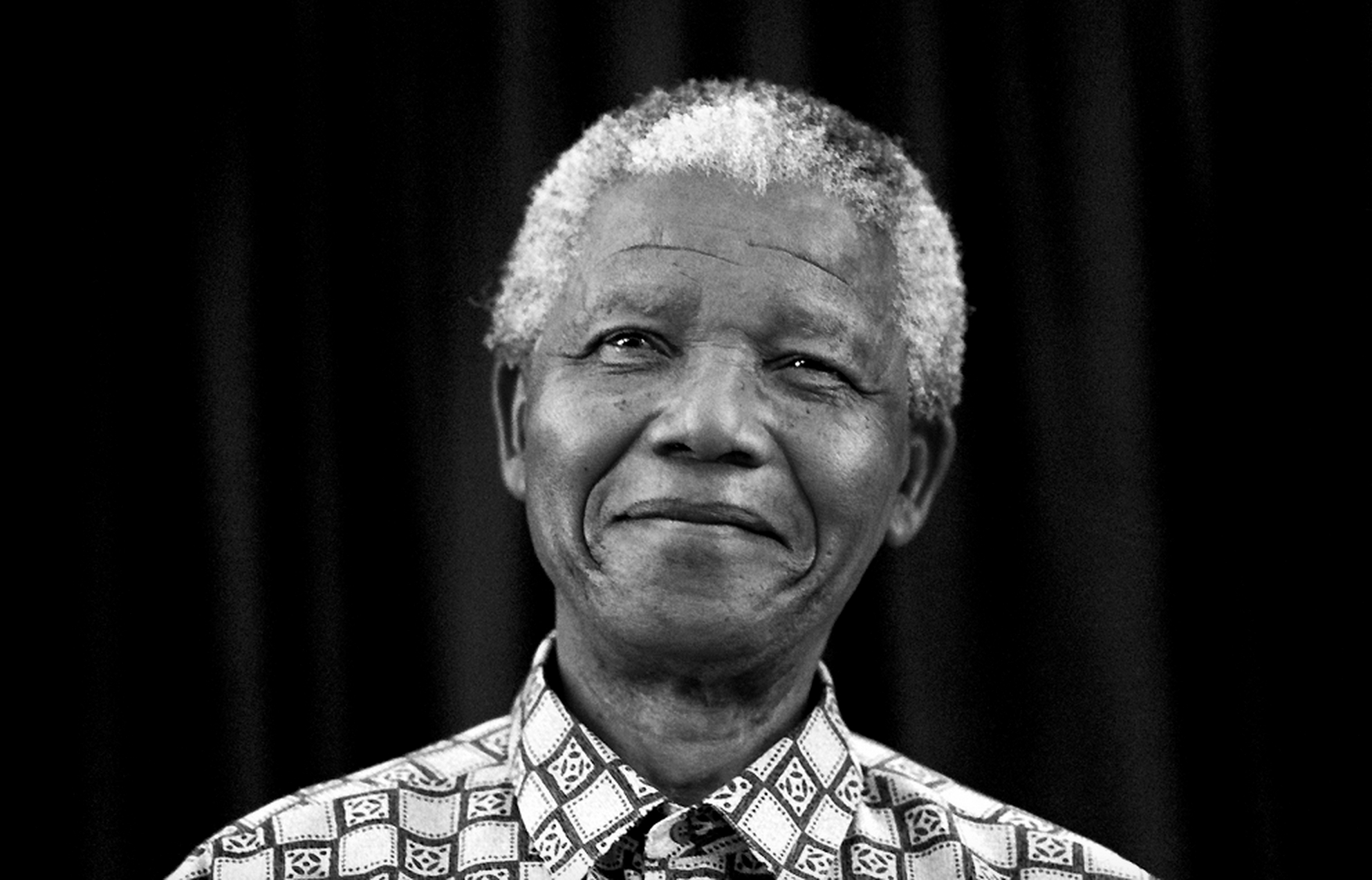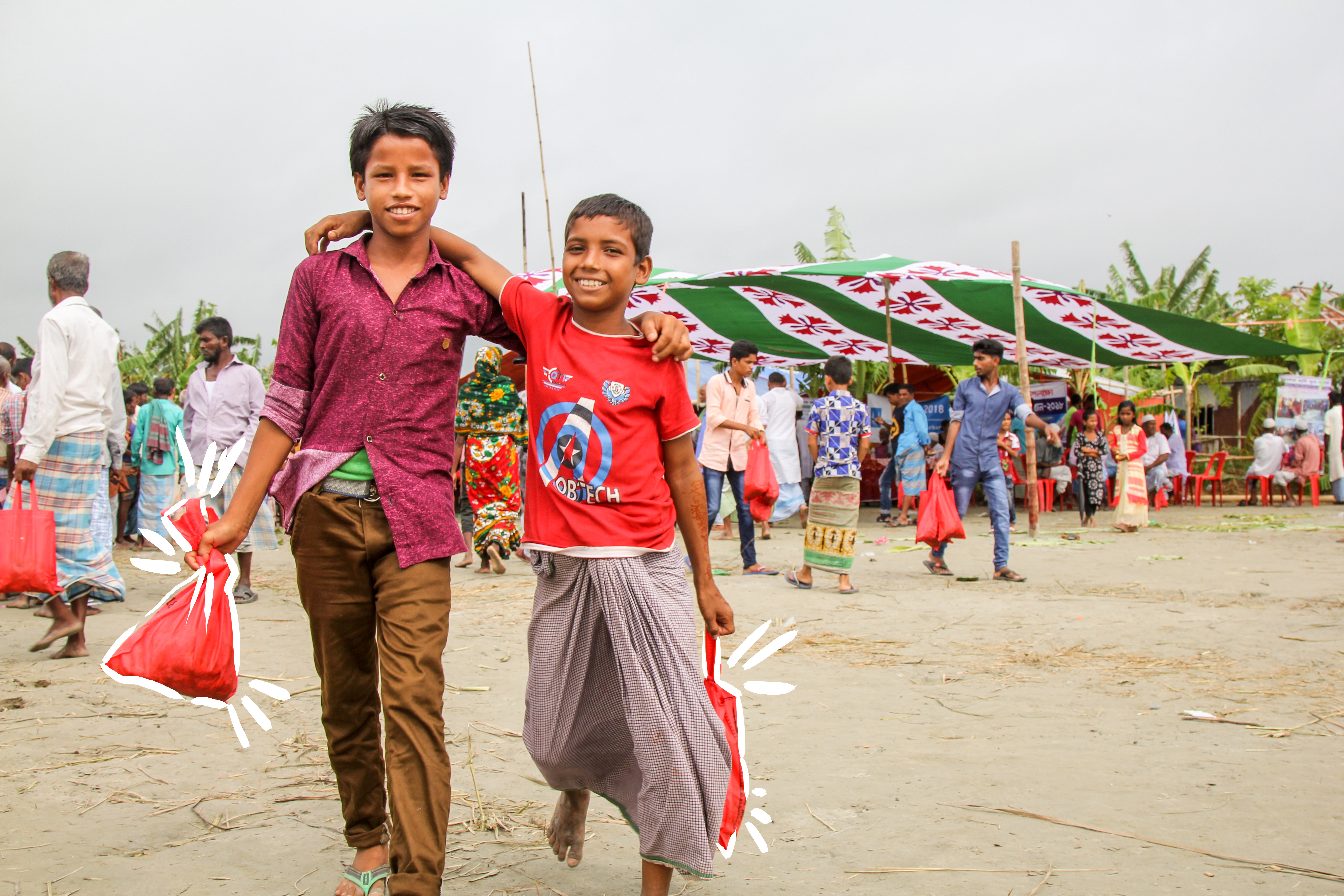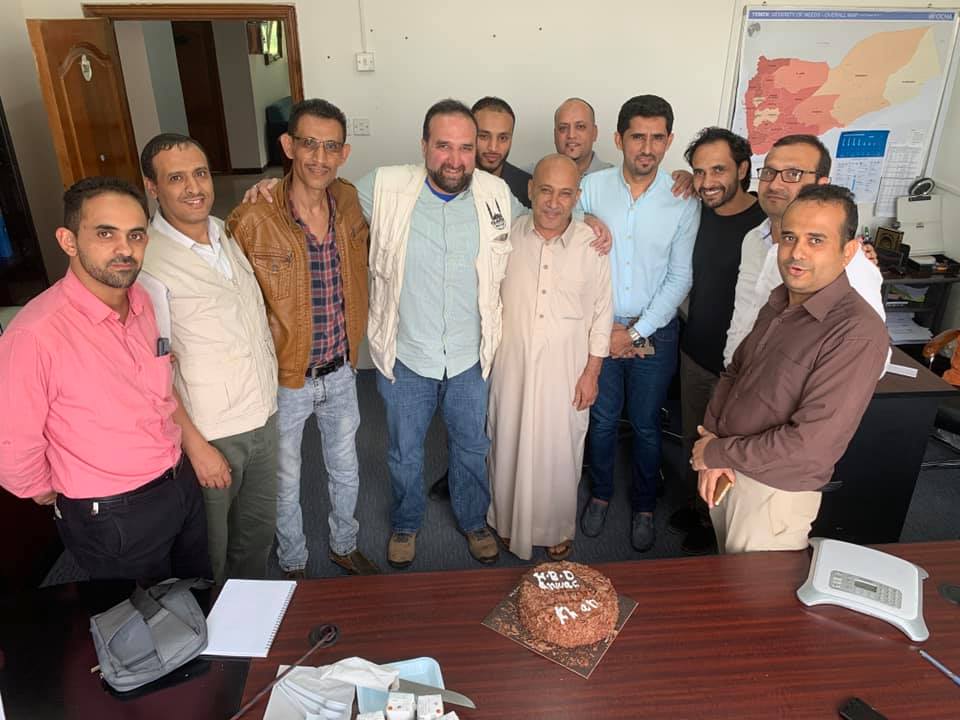Pakistan Faces Freezing Temperatures
Freezing temperatures hit homeless Pakistan flood survivors forgotten by the world.
- Infants and elderly at extreme risk from illness and cold
- Many homes and health centres still badly damaged and in urgent need of repair
- Funding running out as international appeal just 23% funded
Snow is falling in parts of Pakistan and two months of freezing temperatures lie ahead for flood survivors who are still homeless and living in the open air, Islamic Relief is warning.
North-western parts of Balochistan province have received the first snowfall of the year and winter rains will start across the country in the next few weeks. Rural communities urgently need reconstruction of homes and health centres, but in many areas work has barely started due to lack of funds. The humanitarian response to Pakistan’s worst floods in living memory is just 23% funded.
Asif Sherazi, Islamic Relief’s Pakistan Country Director, said:
“Communities across the country will be struggling with the freezing cold and pouring rain, living in the most flimsy, makeshift shelters. We know that this will lead to major health problems, especially for the most vulnerable, such as pregnant women, young children and older people. When the floods hit earlier this year there was a lot of global attention, but now it seems that Pakistan has fallen off the news agenda and people have been forgotten.”
Four months since the worst of the floods – which damaged or destroyed more than 2 million homes and more than 2,000 health facilities – thousands of families remain homeless or living in tents.
Many people in Khyber Pakhtunkhwa (KPK) and Northwestern Balochistan have returned to their villages, but their homes are still badly damaged and they have no income to make repairs. In Sindh and eastern Balochistan, people have also started to return home but almost half the area is still under water. The floods wiped out people’s livestock and crops, leaving many people entirely dependent on aid to survive.
Islamic Relief aid workers are using 4X4 vehicles and small boats to access cut off communities. So far Islamic Relief has provided aid to more than 870,000 people, including providing cash and materials to help families rebuild their homes and building permanent shelters in Balochistan to protect families from the cold. The charity is also helping to rehabilitate schools, health centres and water supplies.
Islamic Relief is calling for international donors to step up funding, particularly rich nations with the largest carbon emissions who have contributed most to climate change.
Asif Sherazi said: “The international aid response is only reaching 25% of the affected population, so millions of people have been completely abandoned. The floods have largely been caused by climate change, which the western and industrialised world has to take more responsibility for. That must start with ensuring that humanitarian appeals are fully funded. Local and international aid agencies are doing what we can, but Pakistan needs a substantial increase in international humanitarian funding to really make a difference.”
Pregnant women and newborn babies at risk
Rural health care was already fragile before the floods, but the damage to local clinics and health centres means thousands of people have no access to healthcare whatsoever.
Asif Sherazi said: “It will take months of work and substantial funding to ensure the health centres are fully functioning again. Meanwhile, over 100,000 women are about to give birth. We’ve already heard of lots of pregnancy-related complications, and we fear that many pregnant mothers and their newborns could die if they are unable to access maternity health care services when needed.”
Islamic Relief is providing newborn kits to pregnant mothers which include blankets, nappies and thick socks and hats to keep warm.
Children missing out on education
Education across the flood-affected regions has been sorely affected and rehabilitation efforts are not moving quickly enough. The situation has improved in Khyber Pakhtunkhwa and north-western Balochistan, but many school buildings, furniture and equipment are still damaged and unusable. In Sindh and eastern Balochistan, children are still struggling to get back to school as buildings are damaged or destroyed and most of the furniture and equipment are missing. Some schools are still under water and are completely inaccessible to staff and pupils.
As well as repairing school buildings, Islamic Relief has established temporary learning centers in Sindh so that children can continue to study.



